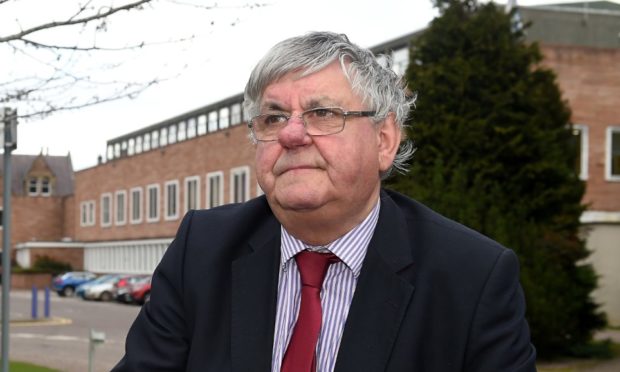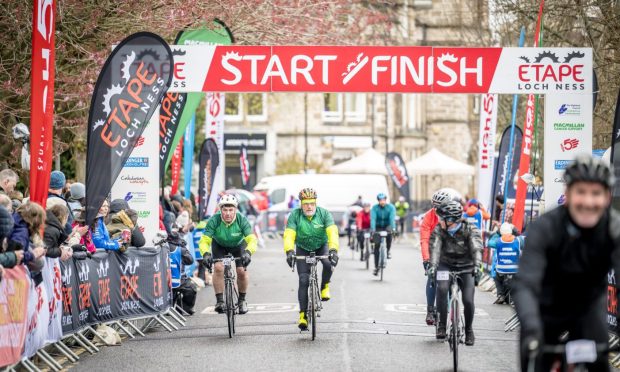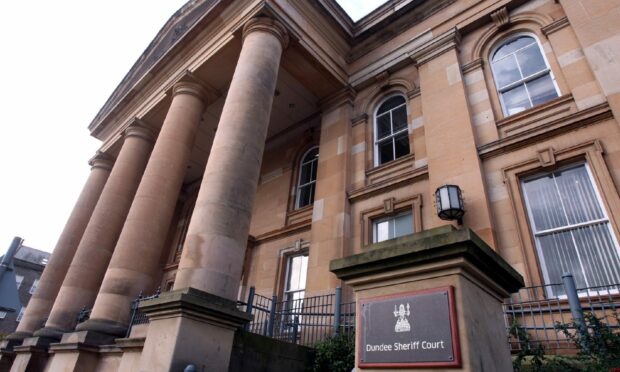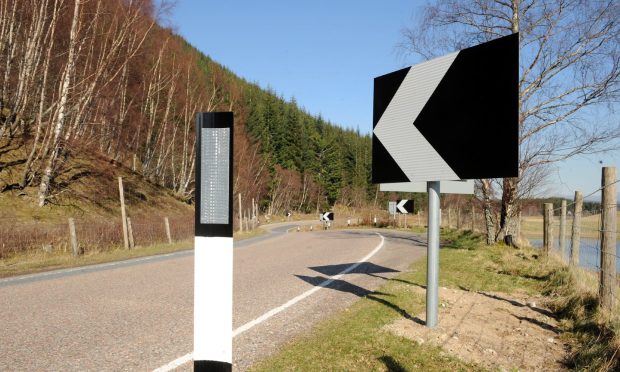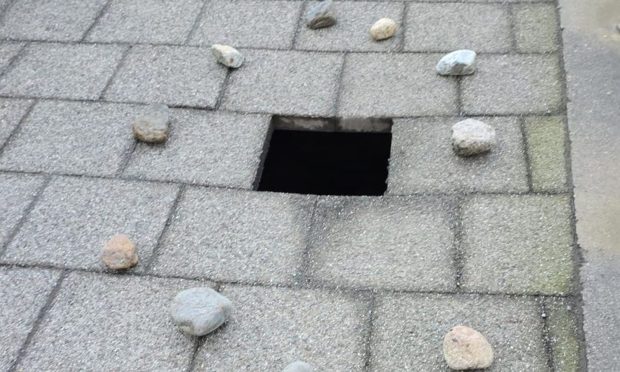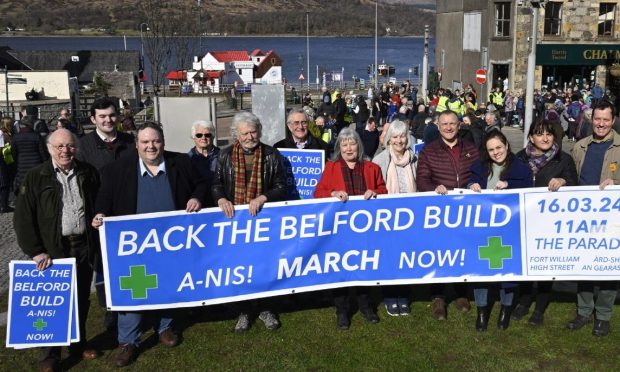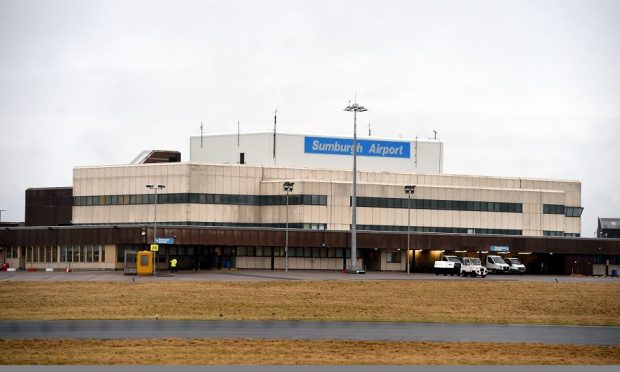North council officials have saved almost half a million pounds after catching crooks looking to cash in on defrauding Covid business relief schemes.
More than £140 million in Scottish Government Covid-related grants has flowed to firms through Highland Council to date, making it the third biggest local authority after Edinburgh and Glasgow in allocations, including around 40% of Scottish hospitality claims.
But the fraud-checking systems put in place by the council have so far highlighted 144 suspicious claims, of which 133 were found to be fraudulent, and stopped at source.
The false applications amounted to around £500,000.
Last night the criminals actions were described as “shocking, cold and callous” by the local business community.
The business top up scheme of £25,000 is the preferred target of fraudsters, who have also been eyeing up the business closure scheme of £2,000 to £3,000 per month.
The council’s audit and risk manager Donna Sutherland revealed the figures to councillors during yesterday’s Audit and Scrutiny Committee.
She said: “These are genuine fraud attempts, individuals taking details of businesses which they didn’t own, fraudsters trying to claim grants for empty properties, but we have robust checking processes in place to identify these.
“There’s no suggestion that it’s individuals getting things wrong or misunderstanding processes, these are genuine fraudsters if there is such a term.
“It’s happening in all Scottish local authorities, also in England, and in some cases we think it is organised groups going for bigger sums like the business top-up scheme.”
Police Scotland is not involved at this stage but will work with local authorities if links to serious organised crime are established, a police spokeswoman said.
The Federation of Small Businesses’ Highlands & Islands development manager, David Richardson, said a recent survey showed four in 10 firms are unsure whether they will survive until the end of April, with more than half worrying they might not survive the next few months.
He said: “A wide range of support schemes have had to be designed at break-neck speed to save businesses in crisis as the pandemic evolves, and it is absolutely shocking that a few cold, callous fraudsters are seeking to take advantage of all those involved.
“One can only hope that they are all caught.
“Their actions, and the need to make grant schemes processes as secure as possible, explain why some have taken far longer than they should to devise, damaging businesses in the process.”
Around 50 officers were transferred from other departments to man Highland Council’s grant administration team when lockdown began on March 23 last year.
By April 9, the staff were processing £1m in claims per day, and in the last week of April, processed £10m.
Audit & Scrutiny chairman councillor Graham Mackenzie described it as a remarkable achievement.
He said: “It is to their great credit that they have been able to disburse millions of pounds in a very short space of time while still being able to spot and deny possible fraudulent applications thus making sure that the money was utilised with maximum effect.”
Under Scottish Government guidance, local authorities must ensure that procedures for administering the grants are suitably robust, including due diligence to mitigate fraud and for audit purposes.
They are also expected to seek recovery of overpayments including pressing criminal charges where necessary, if fraudulent claims are found.
A government spokeswoman said: “The Scottish Government is working with Police Scotland and other partners to reduce the ability of criminals to exploit opportunities generated by the Covid-19 pandemic.
“This includes providing guidance to local authorities and other public sector organisations on ensuring that robust processes are in place to mitigate against the risk of fraud.”
